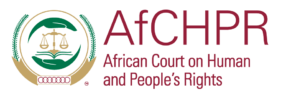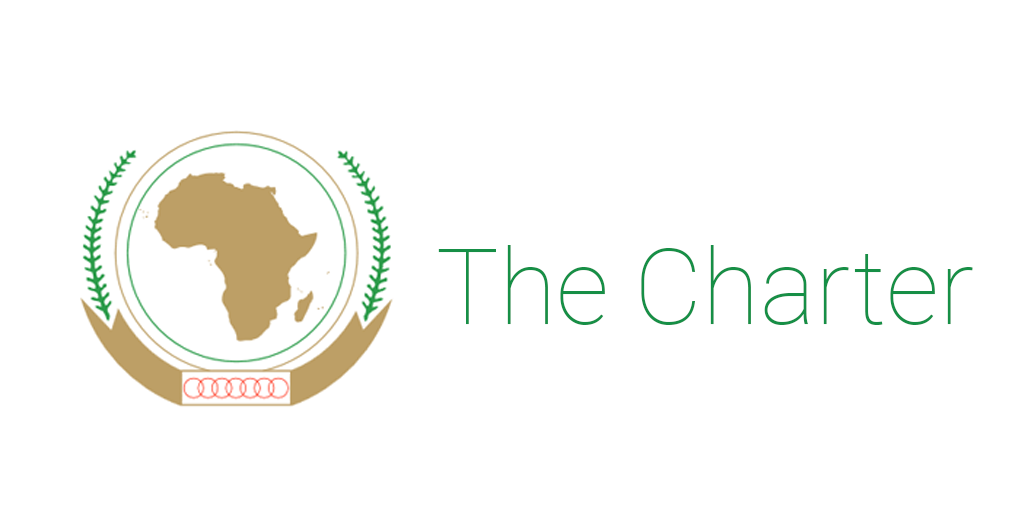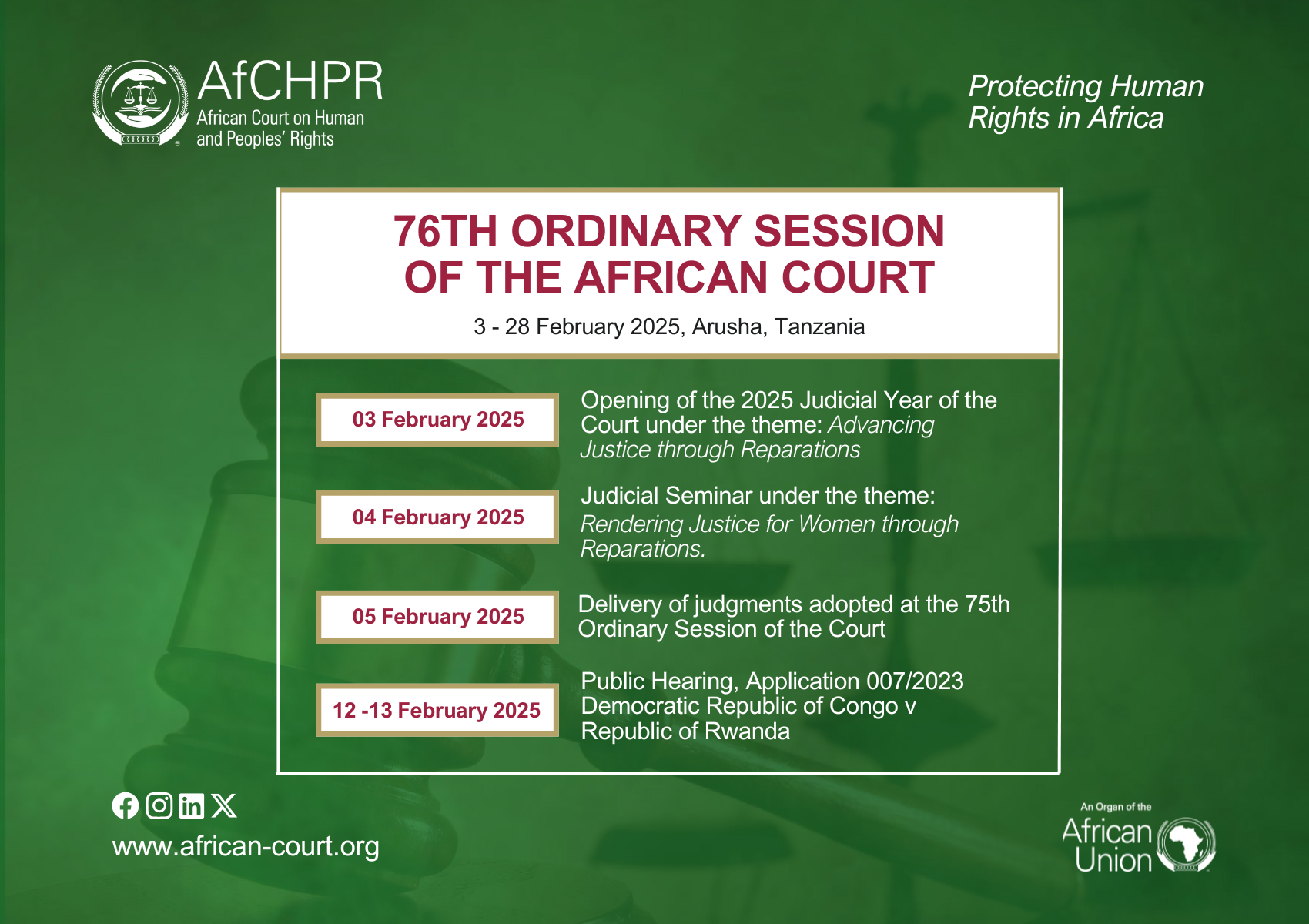1st NOVEMBER 2019, KAMPALA, REPUBLIC OF UGANDA
I. Organization and objectives
1. Under the auspices of the African Union and in collaboration with the Government of the Republic of Uganda, the African Court on Human and Peoples’ Rights (the Court) organized the Fourth African Judicial Dialogue from 30 October to 1 November 2019 in Kampala, Uganda, under the theme: “Tackling Contemporary Human Rights Issues: the Role of the Judiciary in Africa”.
2. The overall objective of the Fourth African Judicial Dialogue was to identify the major human rights issues currently facing Africa and the role of the judiciary in addressing them.
3. Proceedings of the Dialogue were conducted in Arabic, English, French, Portuguese and Spanish, to facilitate communication, active participation and constructive exchanges during the discussions.
II. Opening ceremony
4. The guest of honour, His Excellency General Yoweri Kaguta Museveni, the President of the Republic of Uganda, graced the opening ceremony of the Dialogue with his presence and delivered the keynote and opening address.
5. In his opening speech, President Museveni highlighted the importance of the Judicial Dialogue for strengthening the promotion and protection of human rights in Africa. He pointed out that the struggle for the effective enjoyment of human rights is affected by two main challenges – the effects of nature on man (characterised by floods, hurricanes, and other natural phenomena) as well as man’s attitude towards man (characterised by dictatorship, violence, human rights violations, and others), and until man finds a solution to these two main challenges, the effective protection of human rights will not be attained.
6. His Excellency President Museveni noted that human rights are interdependent and should not be separated from reality, and that the judiciary should adopt a holistic approach in order to ensure the harmonious enjoyment of human rights.
7. At the opening ceremony, speeches were also delivered by the Chief Justice of the Republic of Uganda, Honourable Justice Bart Magunda Katureebe, the President of the African Court on Human and Peoples’ Rights, Hon. Justice Sylvain Oré, and the Deputy Chairperson of the African Union Commission, His Excellency Ambassador Quartey Thomas Kwesi.
8. In his welcome statement, the Chief Justice of Uganda welcomed the participants and expressed his gratitude to the Court and the African Union for having entrusted Uganda with the opportunity to host the Dialogue. He expressed Uganda’s commitment to the protection and promotion of human rights. In his opening remarks, the President of the Court expressed his appreciation and gratitude to the Government of the Republic of Uganda for the decision to host this Dialogue and the warm reception extended to participants. He recalled Uganda’s role in the promotion and protection of human rights on the continent and the strengthening of African institutions, and called upon Uganda to further express this by depositing the declaration required under Article 34(6) of the Protocol establishing the Court. In his speech, the Deputy Chairperson of the African Union Commission highlighted the importance of the theme of the Fourth African Judicial Dialogue. He recognized that Africa faces a range of problems such as poverty, human rights violations, corruption, bad governance, among others, and noted that the African Union has resolved under Agenda 2063, together with all actors, to create conditions to minimize the suffering of people in Africa, in particular, youth, women and children. To this end, the Deputy Chairperson highlighted the initiatives aimed at creating conditions so that, within the framework of African integration, would ensure free movement in Africa and that Africans can easily produce and trade with each other.
9. After the official opening ceremony, statements were delivered at plenary by representatives of the following institutions and Courts: the United Nations Office of the High Commissioner for Human Rights (OHCHR), the United Nations Educational, Scientific and Cultural Organisation (UNESCO), the Economic Community of West African States (ECOWAS) Community Court of Justice, the East African Court of Justice (EACJ), the Inter-American Court of Human Rights, the Court of Justice of the West African Economic and Monetary Union and the African Committee of Experts on the Rights and Welfare of the Child.
10. In their speeches, the partners shared information on actions they have taken in relation to the subjects of the Dialogue and demonstrated their interest to cooperate with the relevant African institutions in strengthening the promotion and protection of human and peoples’ rights in general, including in training, exchange of experiences and dissemination of good practices.
III. Participation
11. Judicial authorities from the following Member States were represented at the Dialogue: Algeria, Angola, Benin, Burkina Faso, Cameroon, Central African Republic, Chad, Comoros, Congo, Côte d’Ivoire, Democratic Republic of Congo, Djibouti, Eswatini, Ethiopia, Gabon, The Gambia, Ghana, Guinea, Guinea Bissau, Kenya, Lesotho, Liberia, Libya, Madagascar, Mali, Morocco, Mauritius, Mauritania, Mozambique, Niger, Saharawi Arab Democratic Republic, Sao Tome and Principe, Senegal, Seychelles, Sierra Leone, Somalia, Sudan, South Sudan, Tanzania, Togo, Tunisia, Uganda and Zimbabwe.
12. The following institutions and organs of the African Union were represented at the Dialogue:
• the African Union Commission;
• the African Committee of Experts on the Rights and Welfare of the Child;
• the African Union Administrative Tribunal;
• the African Union Commission on International Law;
• the African Peer Review Mechanism; and
• the African Governance Architecture Secretariat
13. The Inter-American Court of Human Rights and Sub-Regional Courts in Africa, such as the Arab Magreb Union Court, the Economic and Customs Union of Central African States (CEMAC) Court, the East African Court of Justice, the ECOWAS Community Court of Justice and the Common Market for Eastern and Southern Africa (COMESA) Court we also represented.
14. United Nations Agencies such as the OHCHR and UNESCO, as well as other stakeholders from the academia, human rights specialists, media organisations, civil society organisations and resource persons also attended the meeting.
15. In total, the Fourth African Judicial Dialogue was attended by 435 participants from various walks of life in the judicial and human rights sectors on the continent.
IV. Subjects and topics covered during the Dialogue
16. After the opening ceremony, the Dialogue discussed the following topics through presentations to plenary and panel discussions: :
i. The problem of migration, internally displaced persons and refugees in Africa;
ii. The right to nationality and the problem of statelessness in Africa;
iii. Electoral petitions and human rights: the role of the judiciary;
iv. Terrorism and protection of human rights: the role of the judiciary;
v. Development and the rights of indigenous peoples.
17. A report on the implementation of the recommendations taken during the Third African Judicial Dialogue was presented and discussed by the participants.
V. Conclusions and recommendations
18. After three days of frank and constructive discussions, participants of the Fourth African Judicial Dialogue adopted the following recommendations:
On the implementation of the recommendations of the Third African Judicial Dialogue
19. The Participants called for the operationalization of the African Judicial Network and the roll-out of the Online Human Rights Course in 2020. The participants also called upon the African Union to institutionalise the Network within the African Union structures and provide the necessary means to launch the online human rights course.
On Migration, Internally Displaced Persons and Refugees in Africa
20. Participants considered that the main causes of migration, internal displacement of persons and refugees in Africa are war, unemployment, poverty, natural disasters and bad governance. They welcomed the African Union initiative to set up a humanitarian support structure and encourage African States to facilitate its establishment by adopting the relevant instruments and provide the required resources.
21. Participants were of the view that the peaceful resolution of conflicts, the deepening of the integration process on the continent, through the free movement of persons, goods and services, as well as respect for the rule of law, the independence of the judiciary, human rights and fundamental freedoms, are important mechanisms to alleviate the suffering and retention of people in their respective countries or on the continent so that they can effectively contribute to social and economic development.
22. Participants recognized the importance of national, regional and continental judiciary institutions in the enforcement of national and international human rights instruments for the promotion and protection of the rights of migrants, internally displaced persons and refugees.
On the Right to Nationality and the Problem of Statelessness
23. Participants noted that although the right to nationality is recognized by universal and regional human rights instruments, difficulties in the acquisition and its arbitrary withdrawal is common in many countries on the continent, rendering millions of people stateless. The participants encouraged African Union Member States to adopt and ratify an African Union Protocol prepared by the African Commission on Human and Peoples’ Rights on Nationality in order to deal with the growing number of stateless persons on the continent.
24. Participants were of the view that some of the main causes of statelessness are discrimination against women, who, in some countries, cannot pass on their nationality to their children, the non-inclusion in Member States’ constitutions of provisions that assign nationality to all residents after independence, or transfer of territory, state succession, xenophobia, lack of birth registration and certification and climate change.
25. Participants urged States, including the judiciary at all levels, to avoid decisions that leave persons in a situation of statelessness and to ensure that all processes are followed, particularly to ensure judicial review.
On Election Petitions and Human Rights: the Role of the Judiciary
26. Participants acknowledged that there is progress on the continent in the settlement of election disputes through the judiciary. They noted however that pre- or post-electoral crises are usually the results of deficiencies in the constitutional and legal framework relating to the organization and conduct of electoral processes, including challenges to the composition and independence of Electoral Commissions and judicial bodies, systems of management of electoral results and State capture of the electoral processes.
27. Participants recommended capacity building programmes for judicial officials to facilitate timely decision-making on election disputes, based on a specialised knowledge of electoral laws and institutions.
On Terrorism and the Protection of Human Rights: The Role of the Judiciary
28. Participants noted that terrorist acts themselves constitute a violation of human rights, including the right to life, physical integrity and peace, and also affect the ability of States to promote and protect human and peoples’ rights. They recognized the limitations of the judiciary, especially in countries with economic, social and political weaknesses, in coping with a global phenomenon with increasingly empowered actors and means beyond the capabilities of some States.
29. Participants were of the view that measures should be adopted at domestic level to prevent terrorism, including enhancing the fight against poverty, promote religious tolerance, and incidences of discrimination and perceived injustices.
30. Participants encouraged AU Member States to adopt and implement international and regional instruments on terrorism and to provide an appropriate legal framework to combat terrorism, consistent with international human rights norms and standards.
31. Participants expressed concern about the possible violation of human rights under the pretext of combating terrorism and recognised the important role of the judiciary in this regard.
32. Participants agreed that the judiciary should be an instrument to balance the fight against terrorism with respect for human and peoples’ rights.
Development and the Rights of Indigenous Peoples
33. Participants noted that indigenous populations are disproportionately affected by State development initiatives and their rights are often not prioritised and are disregarded.
34. Participants noted with satisfaction the important normative and jurisprudential progress in protecting the rights of indigenous peoples on the continent, but noted the lack of enforcement of the decisions adopted by human rights bodies on the continent relating to the rights of indigenous peoples.
35. Participants considered that the recognition of indigenous peoples’ rights to their ancestral lands and the recognition of their right to maintain their way of life and their cultural and religious traditions should be combined with the creation of conditions for them to effectively exercise all the other fundamental rights to which they are entitled.
36. Participants emphasised the role of national courts in the protection of the rights of indigenous peoples. To this end, they expressed the need for the adoption and domestication of existing international instruments to reinforce the national legal frameworks for the protection of indigenous peoples.
37. Participants emphasized the need for governments to provide sufficient resources to African judiciaries to support their work.
On the Venue of the next African Judicial Dialogue
38. Participants decided that the Fifth African Judicial Dialogue will take place in 2021 at a venue to be determined.
VI. Closing Ceremony
39. The closing ceremony was marked by speeches from the representative of the Judiciary of the Sahrawi Arab Democratic Republic, who gave the vote of thanks, the Deputy Chairperson of the African Union Commission, His Excellency Ambassador Thomas Quartey Kwesi, the Principal Judge of the Judiciary of Uganda, Honourable Justice Yorokamu Bamwine, as well as the official closing remarks by Honourable Justice Sylvain Oré, President of the African Court on Human and Peoples’ Rights.
40. Participants expressed their gratitude to the Government and people of the Republic of Uganda for their hospitality and the facilities made available to them to ensure the success of the Fourth African Judicial Dialogue.
41. Participants thanked the African Court for organizing the Dialogue, and the European Union (EU), German International Cooperation (GIZ) and the African Union Commission for their support.














